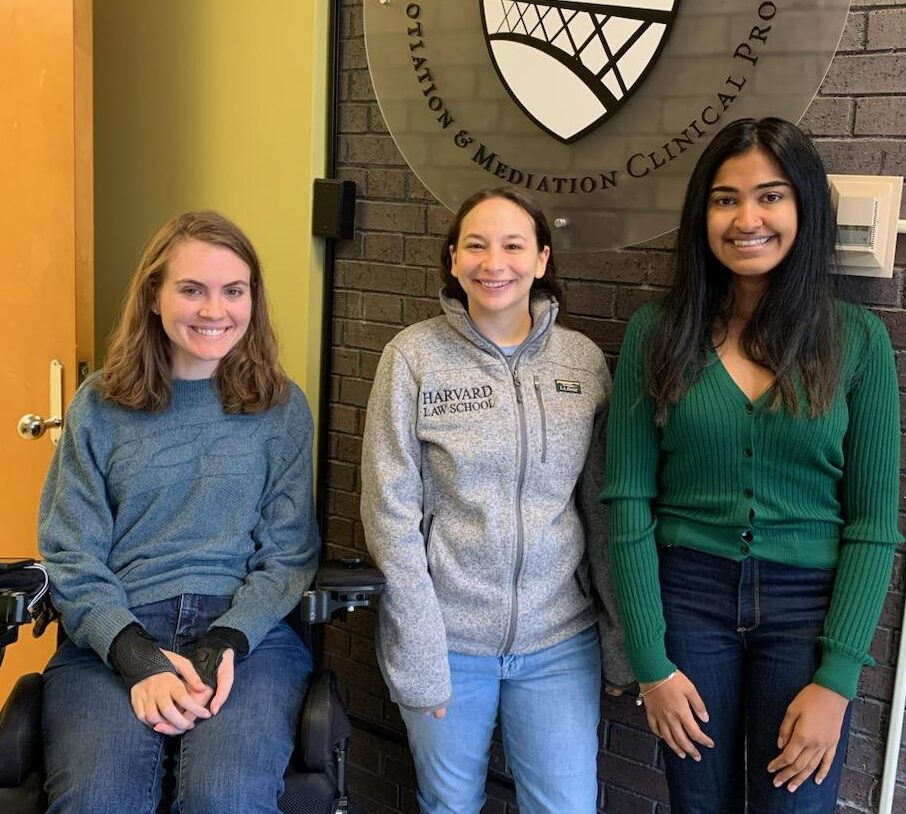
Semester: 2023 Fall
Students: Kate Strickland, Sabrina Schloss, and Adithi Iyer
The mission of the National Disabled Law Students Association (“NDLSA”) is to support disabled legal professionals before, during, and after their legal education to increase the number of attorneys with disabilities and other historically excluded identities within the profession. NDLSA facilitates peer networks across the country, coordinates advocacy alongside disabled law students, and provides resources to combat the pervasive ableism of the legal field. This project will center the efficacy of NDLSA as the organization seeks to support students in its chapter organizations all over the U.S.
Issues of disability, accessibility, and inclusion are present in every kind of organization and community, though their impacts are often under-acknowledged, under-discussed and under-addressed. Those with visible and invisible disabilities regularly need to navigate systems that are not designed with their needs and concerns in mind. As a result, even systems that achieve some level of accessibility typically fail to promote full inclusion. NDLSA has engaged the Harvard Dispute Systems Design Clinic to explore how they can connect with and resource law students with disabilities to build and leverage power on their campuses. Students will conduct an assessment that gathers perspectives from stakeholders such as students, campus staff, experts, activists, researchers, practitioners, and others working in the disability space about the issues, experiences, and concerns that people with disabilities face on law school campuses. The final deliverables will include a report on the information we’ve learned about the current experiences, concerns, and challenges around accessibility and inclusion, so NDLSA leadership can help students and campus communities engage them.
Students will:
- Conduct interviews with experts, activists, and other stakeholders in the disability space, to identify issues of concern that arise in varied settings;
- Engage secondary research related to accessibility, inclusion, advocacy and best practices in dispute systems design;
- Organize research and develop guidance that reflect the assessment findings and secondary research in order to assist NDLSA in creating resources that could be utilized by students, campus organizations and communities
